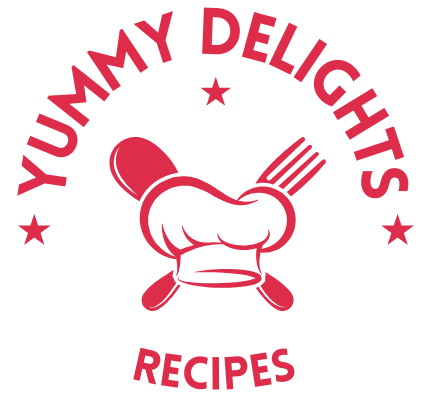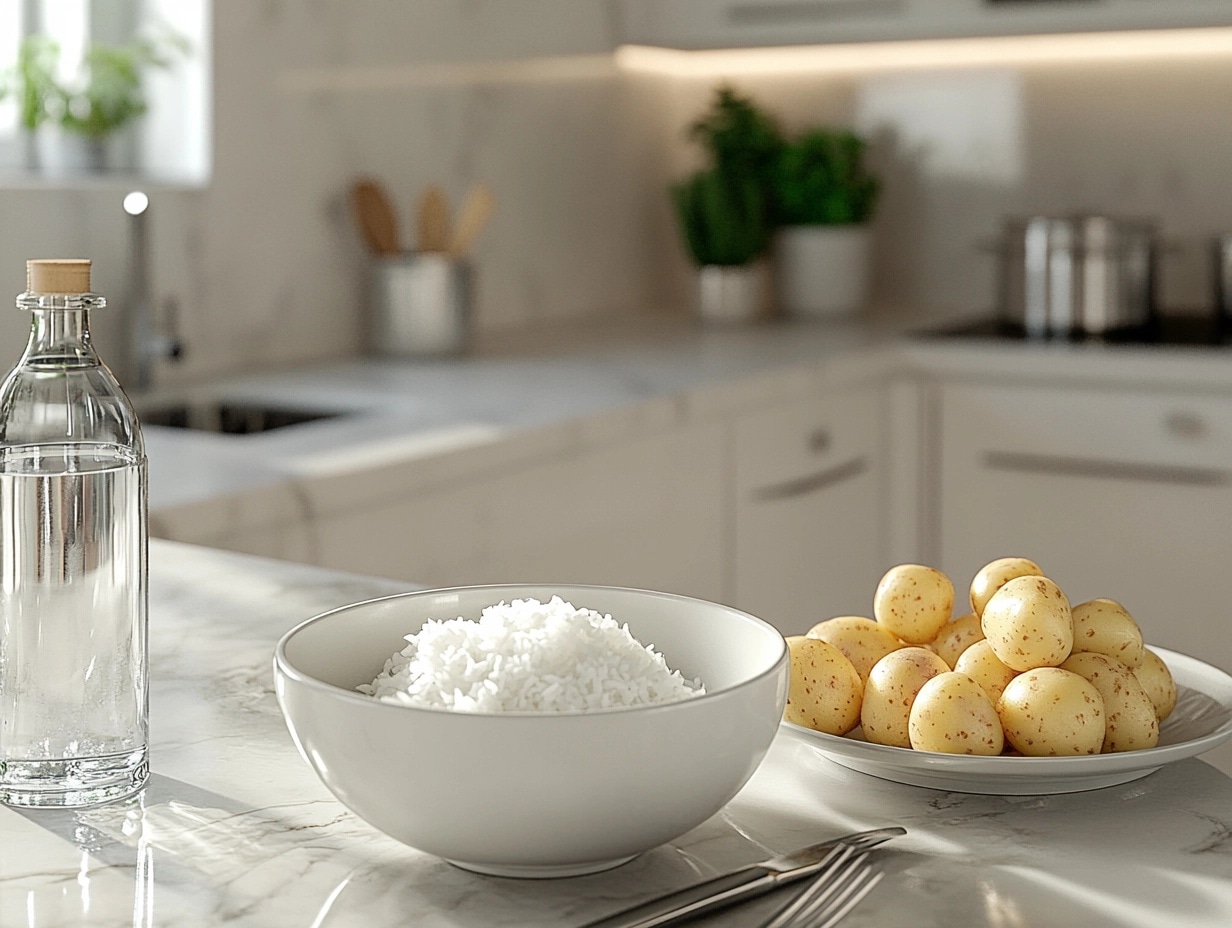Bodybuilders follow strict diets, and a recurring question in fitness circles is: Why do bodybuilders eat rice and not potatoes? While both are excellent carbohydrate sources, rice often takes the crown. But why is that? Let’s dive into the science and strategy behind this dietary choice.
The Nutritional Powerhouses: Rice vs. Potatoes
Understanding why rice gets a prime spot in bodybuilders’ diets starts with knowing the nutritional value of both rice and potatoes. Are they so different? Let’s break it down.
Macronutrient Composition of Rice and Potatoes
At their core, rice and potatoes are both primarily made of carbohydrates, which are essential for fueling workouts and muscle recovery. But, how do they stack up against each other?
| Nutrient | White Rice (100g) | Boiled Potato (100g) |
|---|---|---|
| Calories | 130 | 77 |
| Carbohydrates | 28g | 17g |
| Protein | 2.4g | 2g |
| Fat | 0.3g | 0.1g |
| Fiber | 0.4g | 2.2g |
Bodybuilders often debate why they eat rice and not potatoes
Rice has a higher calorie and carbohydrate content per serving, making it ideal for bodybuilders who need to fuel their high-energy lifestyles. Potatoes, on the other hand, are lower in calories but higher in fiber—a benefit for general health but sometimes a drawback when looking for rapid digestibility.
“For bodybuilders, rice is like the sports car of carbs—it’s fast, efficient, and gets the job done with minimal fuss. Potatoes, while nutritious, are more like a family SUV—practical but not always the quickest choice.”
Micronutrient Differences: Vitamins and Minerals
Potatoes shine when it comes to micronutrients. They’re packed with potassium, vitamin C, and vitamin B6, all of which are great for overall health. Rice, especially white rice, is lower in vitamins but often fortified with iron and folic acid.
For bodybuilders, though, this trade-off isn’t always critical. The primary goal is maximizing energy without slowing digestion. This is where rice starts to pull ahead.
Caloric Density and Energy Considerations
Bodybuilders need calories—and lots of them. A single serving of rice delivers nearly double the calories of a potato. This makes rice an easy way to hit calorie targets without feeling overly full, which is crucial during bulking phases.
Table of Contents
The Role of Carbohydrates in Bodybuilding
Carbs often get a bad rap in mainstream diets, but they’re the unsung heroes for athletes. Why? Because they’re your body’s primary fuel source. Let’s look at why carbs like rice and potatoes matter so much in bodybuilding.
Importance of Carbs for Muscle Growth and Recovery
After an intense workout, your muscles scream for glycogen—a stored form of carbohydrate. Without replenishing glycogen, recovery slows down, and muscle growth halts. Rice, with its high-carb content and fast digestion, replenishes glycogen stores quickly, helping bodybuilders bounce back faster.
Glycemic Index: What It Means for Bodybuilders
The glycemic index (GI) measures how quickly a food raises blood sugar levels. White rice has a high GI, meaning it provides a quick energy boost—a big plus for pre-or post-workout meals. Potatoes can vary in GI based on preparation, but they’re generally lower, making them a slower, steadier source of energy.
Rice is a Staple Food for Bodybuilders
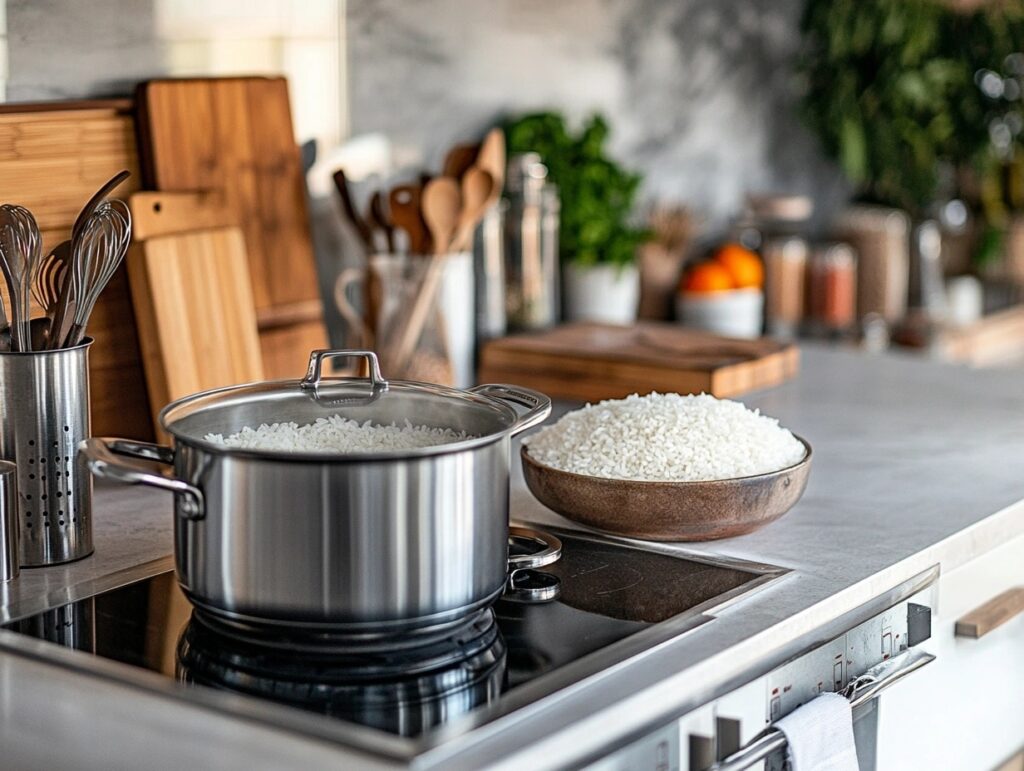
So, why do bodybuilders seem to love rice so much? The answer lies not just in its nutrition but in its versatility and digestibility.
If you’ve ever wondered, why do bodybuilders eat rice and not potatoes, it’s largely about how rice digests compared to potatoes
Types of Rice Preferred by Athletes
Not all rice is created equal. Bodybuilders often stick to white rice for quick energy or brown rice for sustained release. Jasmine and basmati rice are also popular choices for their aroma and ease of preparation.
Benefits of White Rice for Bodybuilding
White rice is low in fiber, which might sound like a downside, but it’s a benefit for bodybuilders. Fiber slows digestion—a good thing in most diets but not ideal before or after workouts. White rice ensures the carbs hit your system fast when you need them most.
Role of Brown Rice in Fitness Nutrition
Brown rice contains more fiber and nutrients than white rice, making it a better choice for overall health. Bodybuilders might include brown rice in meals farther from their workout times, where slower digestion is less of an issue.
Potatoes in a Bodybuilder’s Diet: The Pros and Cons
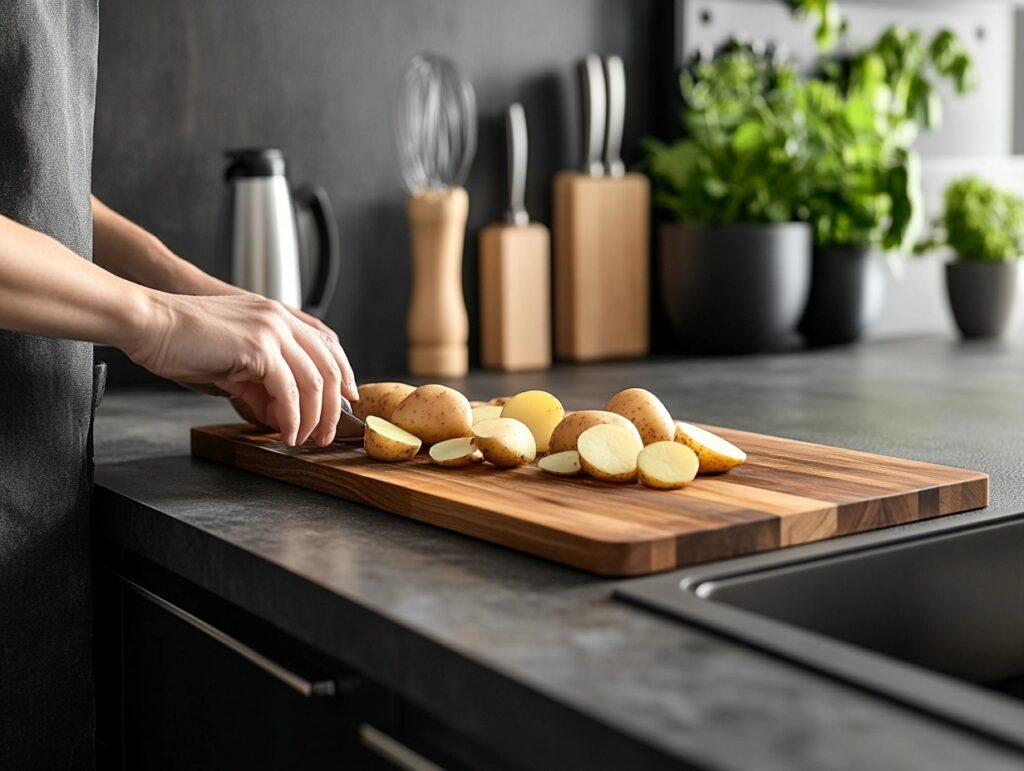
Potatoes aren’t completely shunned by bodybuilders, but they’re not the top pick either. Let’s explore why.
Why Potatoes Are Often Overlooked by Bodybuilders
While potatoes are nutrient-rich, they’re bulkier and contain more fiber than rice. This means they can leave you feeling too full to eat the extra calories needed for muscle growth. For athletes with huge caloric needs, this is a dealbreaker.
Situations Where Potatoes Can Be Beneficial
Potatoes can shine in cutting phases or for athletes with smaller calorie requirements. Sweet potatoes, in particular, are loved for their antioxidants and slightly lower GI compared to white potatoes.
“Think of rice as a go-to weapon for bodybuilding battles, while potatoes are like a trusty sidekick—useful in specific situations but not always the main hero.”
The focus on energy availability answers why bodybuilders eat rice and not potatoes in most training scenarios.
Digestibility and Tolerance of Rice and Potatoes
Digestibility is a key factor for bodybuilders, especially when it comes to pre-and post-workout meals. If food doesn’t sit well in your stomach or takes too long to digest, it can hinder performance and recovery. So, how do rice and potatoes measure up in this department?
How Rice Offers Easy Digestibility
Rice, particularly white rice, is incredibly easy on the digestive system. Its low fiber content means it’s absorbed quickly, providing a rapid energy source without causing bloating or discomfort. This makes it a fantastic choice for pre-workout meals when you need fuel but can’t afford to feel weighed down.
Additionally, white rice is hypoallergenic, meaning it rarely causes allergic reactions or sensitivities. Athletes with dietary restrictions or sensitive stomachs often rely on rice as their primary carbohydrate source.
Potatoes and Gastrointestinal Considerations
Potatoes, while nutritious, can sometimes pose challenges for digestion. Their higher fiber content slows down the absorption process, which might be beneficial for some, but not when you’re aiming for quick energy. Moreover, certain people experience bloating or gas from potatoes, especially if they are eaten with the skin or not cooked properly.
Potatoes’ digestibility can also vary depending on the cooking method. For instance, mashed or boiled potatoes are easier on the stomach compared to fried or baked ones with the skin intact.
Timing and Meal Planning for Bodybuilders
When you eat is just as important as what you eat in bodybuilding. Meal timing can make or break your workout, and rice vs. potatoes plays a big role in pre- and post-workout strategies.
Pre-Workout Meal Choices: Rice vs. Potatoes
Pre-workout meals are all about fueling your session without feeling sluggish. White rice wins here due to its low fiber content and high glycemic index. It digests quickly, providing a steady stream of glucose to power through your sets.
Potatoes, on the other hand, take longer to break down, making them less ideal right before intense exercise. If you do choose potatoes, a small serving of mashed or peeled boiled potatoes can work, but timing becomes critical—you’ll need to eat them well before hitting the gym.
Post-Workout Nutrition: What Works Best?
Post-workout is all about recovery, and your body craves quick-digesting carbs to replenish glycogen stores. White rice’s high glycemic index makes it a go-to choice. Pairing it with a lean protein like chicken or fish creates a perfect recovery meal.
Potatoes, while slower to digest, can be a decent option post-workout if paired with a low-fat protein and prepared simply (like boiled or mashed). However, rice still takes the crown for being more effective in restoring glycogen rapidly.
Common Misconceptions About Rice and Potatoes
When it comes to nutrition, myths abound. Let’s tackle some of the most common misconceptions about rice and potatoes in bodybuilding diets.
Debunking Myths About Rice in Fitness Diets
One myth that pops up often is that rice, particularly white rice, lacks nutritional value. While it’s true that white rice has fewer nutrients than its whole-grain counterpart, it’s often enriched with iron and folic acid. Plus, its simplicity and digestibility make it perfect for athletes who prioritize energy over nutrient density in specific meals.
Another myth is that rice causes weight gain. While overeating any food can lead to weight gain, rice itself isn’t inherently fattening. Its calorie density makes portion control easier compared to higher-volume foods like potatoes.
Understanding the Misjudgment of Potatoes
Potatoes often get unfairly labeled as “bad carbs,” which isn’t true. They’re incredibly nutrient-dense, providing vitamins, minerals, and antioxidants. The problem arises from preparation methods—fries, chips, and loaded baked potatoes turn a healthy carb into a calorie bomb.
“Rice and potatoes both have their place in a balanced diet—it’s how you prepare and time them that makes all the difference.”
Practical Tips for Including Rice and Potatoes in Diets
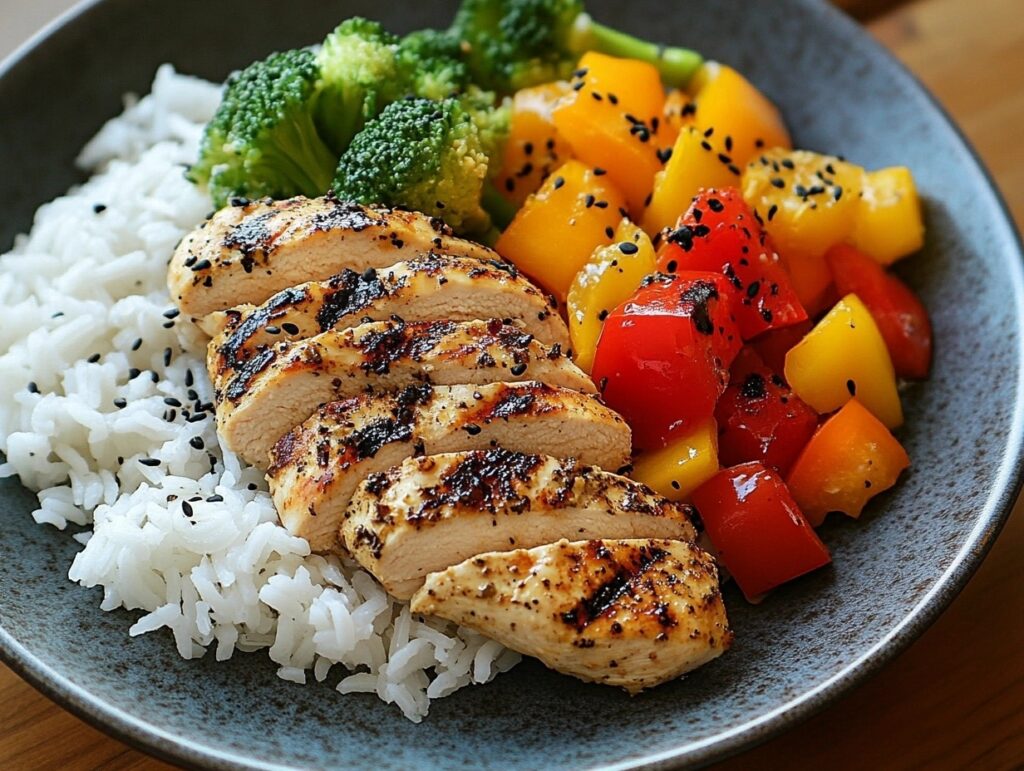
The key to a successful bodybuilding diet isn’t choosing one food over another but knowing how to use each to your advantage. Here are some practical tips.
Customizing Carbohydrate Intake for Fitness Goals
If you’re bulking, rice is your best friend. Its higher calorie content and digestibility make it easy to pack in the energy without feeling stuffed. For cutting phases, consider incorporating potatoes, as their higher fiber content can help keep you full on fewer calories.
Portion Sizes and Preparation Methods
- Rice Tips: Stick to boiled or steamed rice. Adding too much oil or seasoning can sabotage your macros. A typical serving for bodybuilders is 1 to 1.5 cups of cooked rice per meal.
- Potato Tips: Boil, mash, or roast your potatoes with minimal oil. Avoid frying or loading them with butter and cheese. A serving size of 1 medium potato or 1 cup of mashed potatoes is a good starting point.
Expert Opinions on Rice and Potatoes for Athletes
Nutritionists and seasoned bodybuilders have weighed in on the rice vs. potato debate, and their insights are invaluable.
Insights from Nutritionists and Bodybuilders
Many experts agree that rice is the superior choice for athletes with high caloric needs and intense training regimens. Nutritionist John Doe explains:
“Rice is a quick-digesting carb that doesn’t overburden the stomach, making it ideal for athletes before and after workouts.”
Bodybuilders also praise rice for its consistency. One professional competitor shared:
“Potatoes are great, but for me, rice is easier to prepare in bulk and hits my macros perfectly every time.”
Case Studies of Successful Diets
A study of competitive bodybuilders showed that those who incorporated rice as a primary carb source reported better energy levels and faster recovery compared to those who relied on potatoes. This aligns with anecdotal evidence from fitness enthusiasts worldwide.
Why do bodybuilders eat rice and not potatoes?
Rice is a staple in bodybuilding diets. But why do bodybuilders eat rice and not potatoes? It boils down to digestibility, energy efficiency, and meal timing.
FAQs About Rice and Potatoes in Bodybuilding
When it comes to rice and potatoes, bodybuilders have a ton of questions. Here are the most common ones, answered in detail to help you make informed decisions.
Is white rice better than brown rice for bodybuilding?
It depends on your goals and timing. White rice digests faster, making it perfect for pre-and post-workout meals. Brown rice, on the other hand, contains more fiber and nutrients, making it ideal for meals farther from your workout. Use both strategically in your diet.
Can I eat potatoes instead of rice for muscle growth?
Yes, you can, but rice is often preferred due to its higher calorie and carbohydrate content. Potatoes are better suited for situations where you want a slower, steadier energy release or need to manage calorie intake during a cutting phase.
Which type of rice is best for bodybuilders?
White rice is the go-to for most bodybuilders due to its high glycemic index and ease of digestion. However, jasmine and basmati rice are also popular for their flavor and versatility. Brown rice can be a great option when aiming for sustained energy.
Are potatoes bad for bodybuilding diets?
Not at all! Potatoes are nutrient-dense and provide essential vitamins like potassium and vitamin C. The key is in how they’re prepared—avoid fried or heavily seasoned potatoes to keep them clean and diet-friendly.
How should I cook rice and potatoes for bodybuilding?
For rice, boiling or steaming is the best way to retain its nutritional value. For potatoes, stick to boiling, mashing, or roasting with minimal oil. Always measure portions to ensure they align with your macros.
How do I prevent bloating from rice or potatoes?
To prevent bloating from rice, rinse it thoroughly before cooking to remove excess starch. For potatoes, avoid eating the skin if you have a sensitive stomach, and ensure they’re cooked thoroughly.
Conclusion: Why Rice Often Wins in Bodybuilding Diets
When you boil it all down, the choice between rice and potatoes comes down to what your body needs and when. Rice, particularly white rice, wins in bodybuilding diets for several reasons: it’s high in calories, low in fiber (allowing quick digestion), and easy to prepare in bulk. It’s like the ultimate fast-track fuel for muscle recovery and energy replenishment.
Potatoes, on the other hand, are versatile and nutrient-rich but better suited for specific situations, like cutting phases or slower energy release. They’re a great addition to a balanced diet but don’t usually take the spotlight in a bodybuilder’s meal plan.
Ultimately, both rice and potatoes can coexist in your diet. By understanding their unique benefits and using them strategically, you can optimize your nutrition for better performance and faster results. So next time you’re meal-prepping, think about your goals and choose the carb that works best for you. For more tips on achieving your fitness goals, explore Will I Lose Weight Eating Chicken and Broccoli?.
